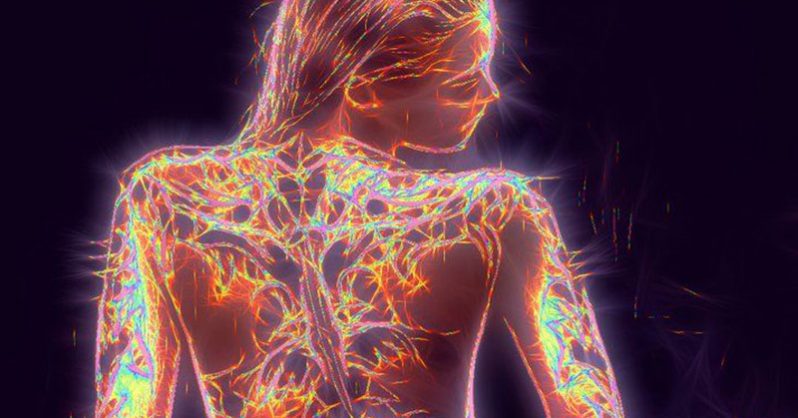
What is Fibromyalgia?
Fibromyalgia is the disorder characterized by widely spread musculoskeletal pain usually accompanied by fatigue, sleep, mood and memory issues. Doctors believe that it boosts painful sensations by affecting the way your brain processes pain signals.
Symptoms normally begin after a physical trauma, surgery, significant psychological stress or infection. In some cases, symptoms slowly accumulate over time with no single triggering occasion.
Women are more likely to develop this disease in comparison with men. Many people who have it also have other problems like tension headaches, irritable bowel syndrome, temporomandibular joint disorders, anxiety and depression.
While there is no complete cure for fibromyalgia, a number of medications can really help controlling the symptoms. Exercise, relaxation and stress-reduction measures may also help.
Symptoms
Fibromyalgia often co-exists with other very painful conditions, example:
Causes
Doctors don’t have any idea what causes this disease, but it most likely involves a number of factors working together. These might include:
Risk factors
Physical therapy for Fibromyalgia
Since we are more manageable by using safe, gentle, and effective techniques, physical therapy at SOS PHYSIO can help reducing your pain and other symptoms.
There are many physical therapy treatments such as Manual therapy & Active Release Techniques (ART) are found to be very effective in treating this type of disorder.
For more information- Contact your local SOS PHYSIO clinic
Tags- Physical therapy clinic Aventura, Physical therapy clinic Sunny Isles, Physical therapy clinic Hallandale, Physical therapy clinic Hollywood, Physical therapy clinic Miami, Medicare physical therapy Hallandale, Best physical therapy clinic Aventura, Physical therapy for Fibromyalgia